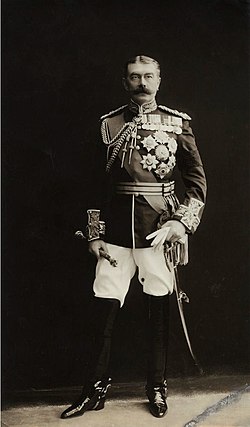Customs vary widely - and wildly - throughout the world. In Britain only a medical doctor (who probably isn't actually a real doctor, i.e. someone with a PhD, at all) will get away with styling himself Doctor Smith in his everyday life, but in Germany to be able to call yourself Doktor Doktor Schmidt (because you have two PhDs) is pretty cool.
The rules everywhere are endless and complicated. In terms of letters after your name, academic honours will probably come last, with the order in which you obtained them reversed: Phd BA, for example. If you're a Knight of the Garter, have been awarded the Order of the British Empire, are a Member of Parliament, and a doctor of philospohy, then you'd be Sir John Smith KG OBE MP PhD.
(Unless, obviously, your name was Joe Brown.)
If you've won military medals then they have their own special order of importance, as Private Henry Tandy VC DCM MM shows (though the very best thing about Private Tandy is that he didn't die winning them, but lived to be eighty six. Good for him).
But the winner for a whole alphabet soup of honorifics might be someone with no academic or religious qualifications, no medals for bravery, and no inherited titles.
How about the Right Honourable Field Marshal Horatio Herbert Kitchener, 1st Earl Kitchener, KG, KP, GCB, OM, GCSI, GCMG, GCIE, PC?

Did well, didn't he?
Word To Use Today: honour. This word comes from the Old French onor, from the Latin honor, which means esteem.
No comments:
Post a Comment
All comments are very welcome, but please make them suitable for The Word Den's family audience.